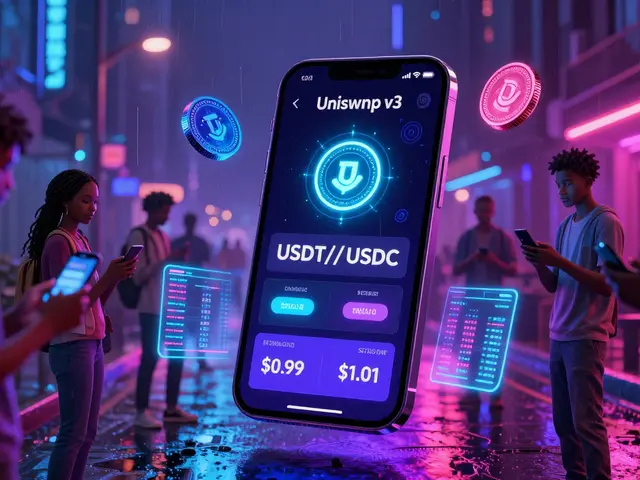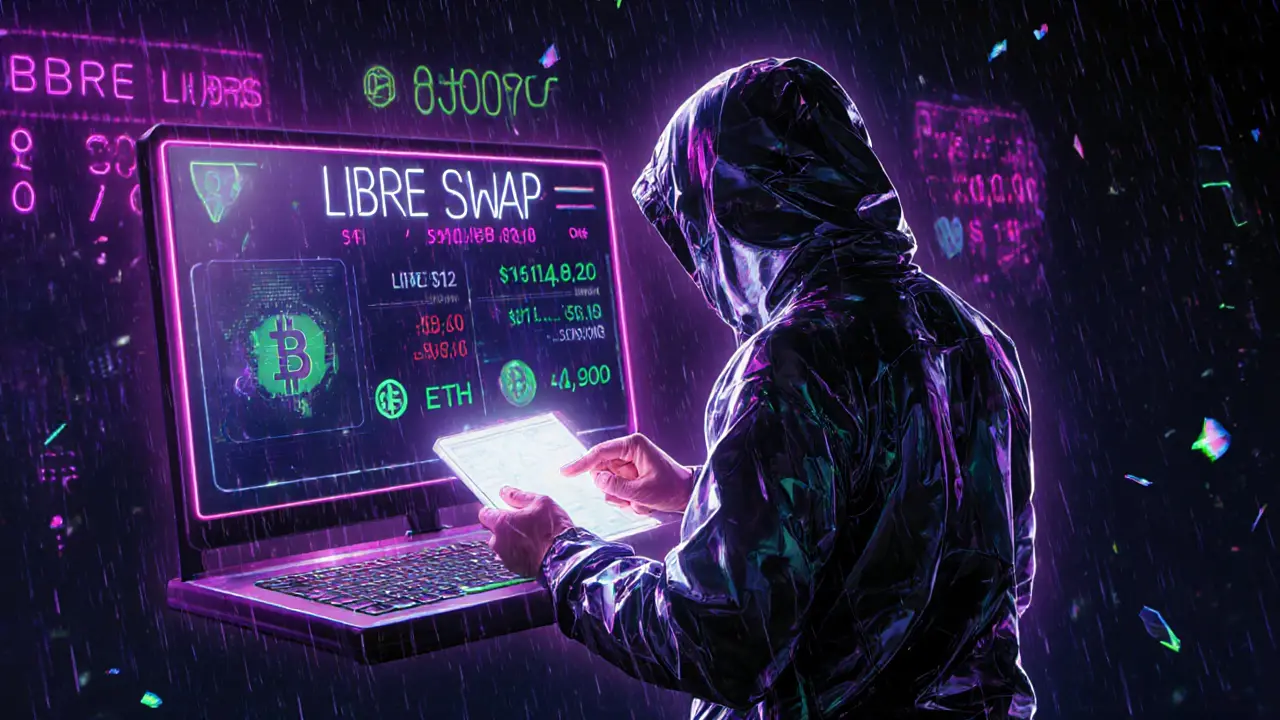Libre Swap: What It Is, Risks, and Why You Should Be Careful
When people talk about Libre Swap, a decentralized finance platform that lets users trade tokens without a central authority. Also known as LibreSwap, it promises low fees and easy access to new crypto tokens—but behind the marketing, there’s little proof it’s real. Unlike established DEXs like Uniswap or PancakeSwap, Libre Swap has no public team, no audit reports, and no clear history on blockchain explorers. That’s not just unusual—it’s dangerous.
Many users who’ve tried Libre Swap end up facing one of two outcomes: their tokens vanish after a liquidity pull, or they’re lured into a fake airdrop that steals their wallet keys. This pattern matches dozens of other crypto exchanges, platforms that claim to let users trade digital assets but operate without regulation or transparency that popped up in 2024 and 2025. These platforms often copy the branding of legit projects, use flashy websites, and flood social media with fake testimonials. They don’t care if you make money—they care if you send your crypto to their wallet.
What makes Libre Swap especially risky is how it ties into broader DeFi platforms, decentralized systems that aim to replace banks and brokers using smart contracts that are being exploited by bad actors. Legit DeFi projects publish their code, get audited by firms like CertiK or Hacken, and have active communities. Libre Swap does none of that. If you can’t find a GitHub repo, a team LinkedIn profile, or even a real email address, it’s not a platform—it’s a trap.
You’ll find posts here that dig into similar cases: IslandSwap, EzyStayz, Apple Network—all projects that looked promising on the surface but turned out to be empty shells. The same red flags show up everywhere: no liquidity locked, no team info, sudden price spikes followed by crashes. Libre Swap fits right in. This isn’t about one bad app—it’s about a growing wave of scams targeting people who just want to participate in DeFi without knowing the risks.
If you’re thinking about using Libre Swap, stop. Check the contract address on Etherscan or BscScan. Look for liquidity pool changes. Search for user reports on Reddit or Twitter. If everything feels off, it is. The crypto space is full of real opportunities—but not every shiny new DEX is one of them. Below, you’ll find real breakdowns of projects that looked like Libre Swap… and what happened when people trusted them.




